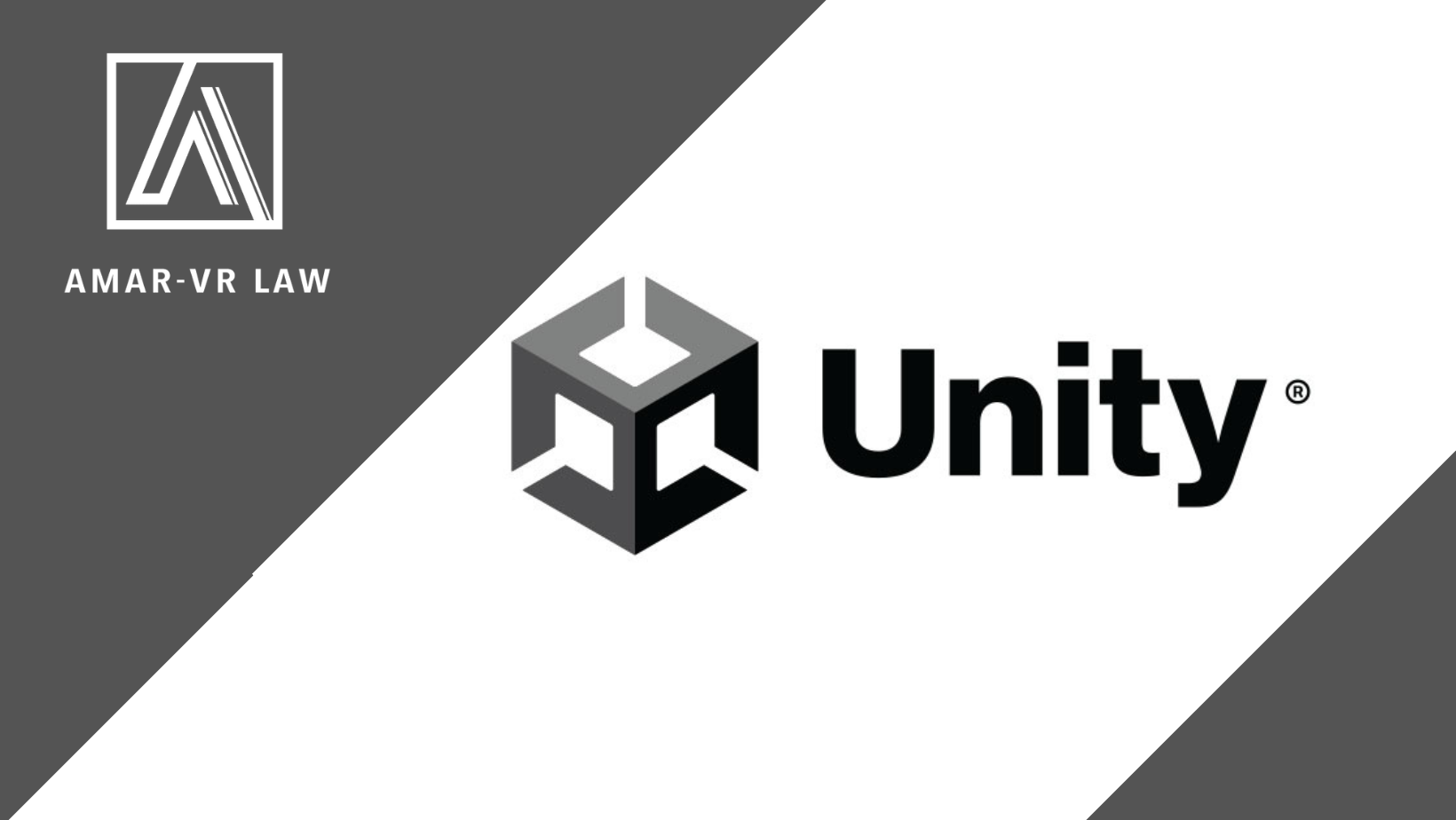
Unity Technologies has been a cornerstone of the game development industry, powering everything from indie gems to blockbuster titles. Yet, with the introduction of its new Runtime Fee, slated for January 1, 2024, Unity has set the proverbial cat among the pigeons. The move has provoked widespread debate and concern among developers and publishers, signaling an era of change. But what's been somewhat overlooked amid the din is how this shift could have serious legal ramifications and fundamentally alter developer-publisher dynamics.
The Legal Minefield Unearthed
Reassessing Contracts and Financial Projections
Up until this point, contracts between developers and publishers have been crafted around the old Unity pricing model. But the introduction of a per-install fee now raises questions about profitability, forcing many back to the drawing board. Will the milestones and deadlines agreed upon still make financial sense? Or will this change lead to uncomfortable renegotiations?
This situation underscores why it's crucial to have contracts that are as flexible as they are robust. A good legal team can help structure agreements that account for such industry shifts, safeguarding both parties' interests.
Intellectual Property: The New Bargaining Chip?
Smaller developers, now grappling with increased costs, might find themselves in a precarious position during publisher negotiations. As their leverage wanes, there's a real risk that they could end up ceding more control over their intellectual property than they'd like.
Protecting intellectual property has always been a complex endeavor in the game development world. Yet, with the balance of power potentially shifting, having a clear legal strategy becomes even more vital.
Liability Concerns: The Dark Side of Popularity
The per-install fee introduces a novel vector for harassment. Imagine a coordinated effort to download a game en masse, racking up fees that could potentially bankrupt a smaller developer. Unity has promised fraud detection mechanisms, but until they're proven effective, the risk remains.
In such an uncertain landscape, who assumes the legal liabilities? Is it the developer, the publisher, or a shared responsibility? The answers to these questions aren't clear-cut, underscoring the need for legal expertise in drafting agreements that protect all stakeholders.
The Publisher Conundrum
Engine Politics
Devolver Digital’s new requirement for developers to disclose their chosen game engine during the submission process is a game-changer. Could we see publishers starting to discriminate based on the engine, effectively putting games built on Unity at a disadvantage?
This adds another layer to publisher negotiations and could potentially affect the upfront advances and marketing support that developers can command. It’s a complex equation where the wrong move could cost you—another reason why legal advice is more than just a safety net; it's a necessity.
The Profitability Equation
Certain game types, like free-to-play models that rely on large install numbers, could see their business models upended. Publishers, ever-conscious of the bottom line, may become increasingly selective, focusing only on the most financially viable genres. This could stifle creativity and diversity within the industry.
This uncertainty around profitability again emphasizes the importance of having airtight, yet adaptable contracts, a task that is best navigated with expert legal guidance.
Data Wars
Unity's proprietary method for tracking installs can introduce conflicts about data ownership between publishers and developers. This is a slippery slope, particularly as issues of privacy and compliance rear their heads. It complicates an already complicated landscape, making it essential to lay down clear contractual terms about data handling and ownership.
Final Thoughts
Unity’s Runtime Fee has jolted the industry into a new reality. While some developers are contemplating migration to alternative platforms like Unreal Engine, many others are in a 'wait and see' mode. Amidst all this, developers and publishers need to be vigilant, agile, and most importantly, well-advised. The landscape has never been more uncertain, and the pitfalls have never been so numerous.
It's times like these that underscore the irreplaceable value of seasoned legal counsel. A legal partner can help navigate these choppy waters, ensuring that you not only survive but thrive in this new game development ecosystem.
Here for you
If you're concerned about the far-reaching impact of Unity's policy changes on your projects, now is the time to act. Don't navigate this intricate legal landscape alone. Contact Amar-VR Law today to stay ahead in the game.

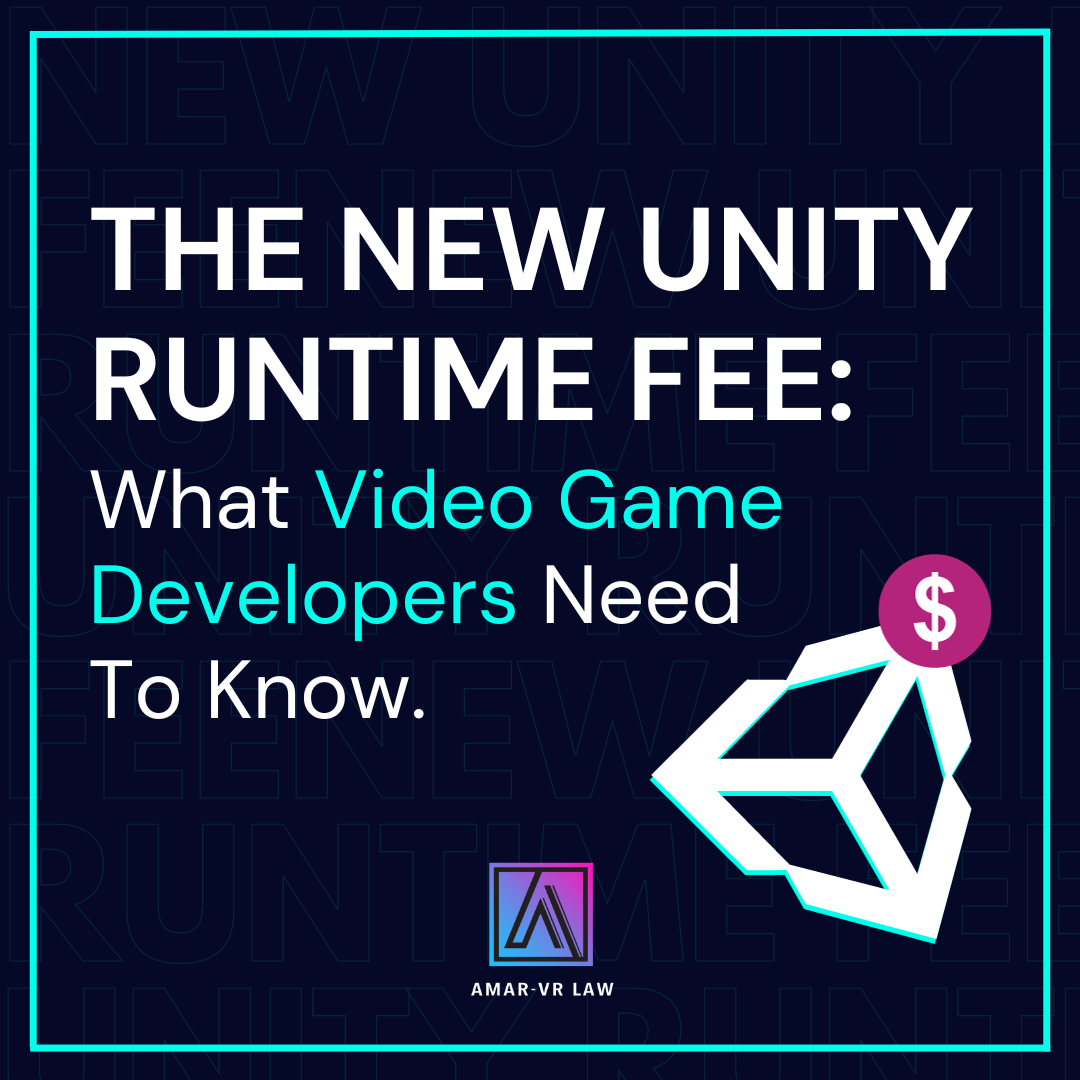
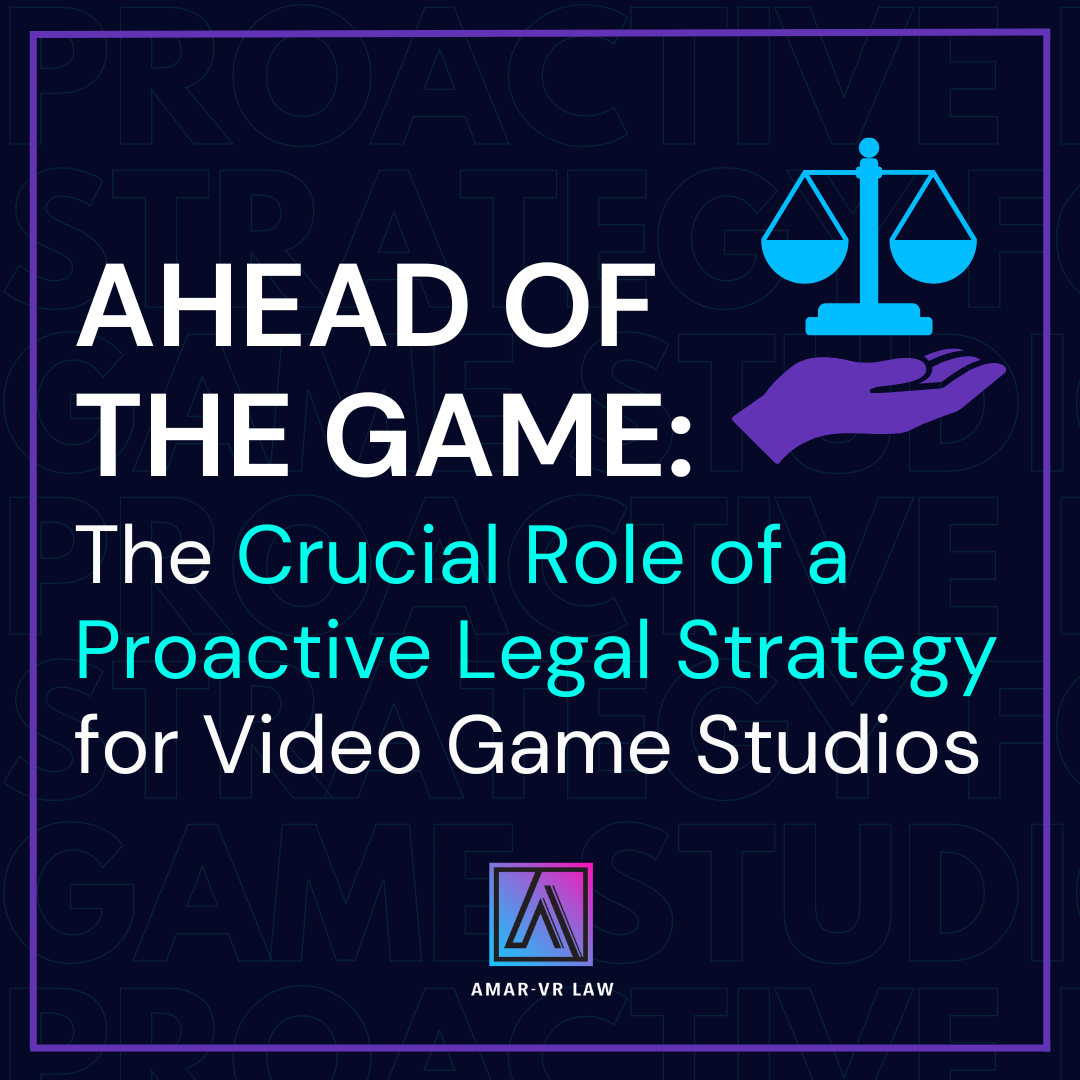
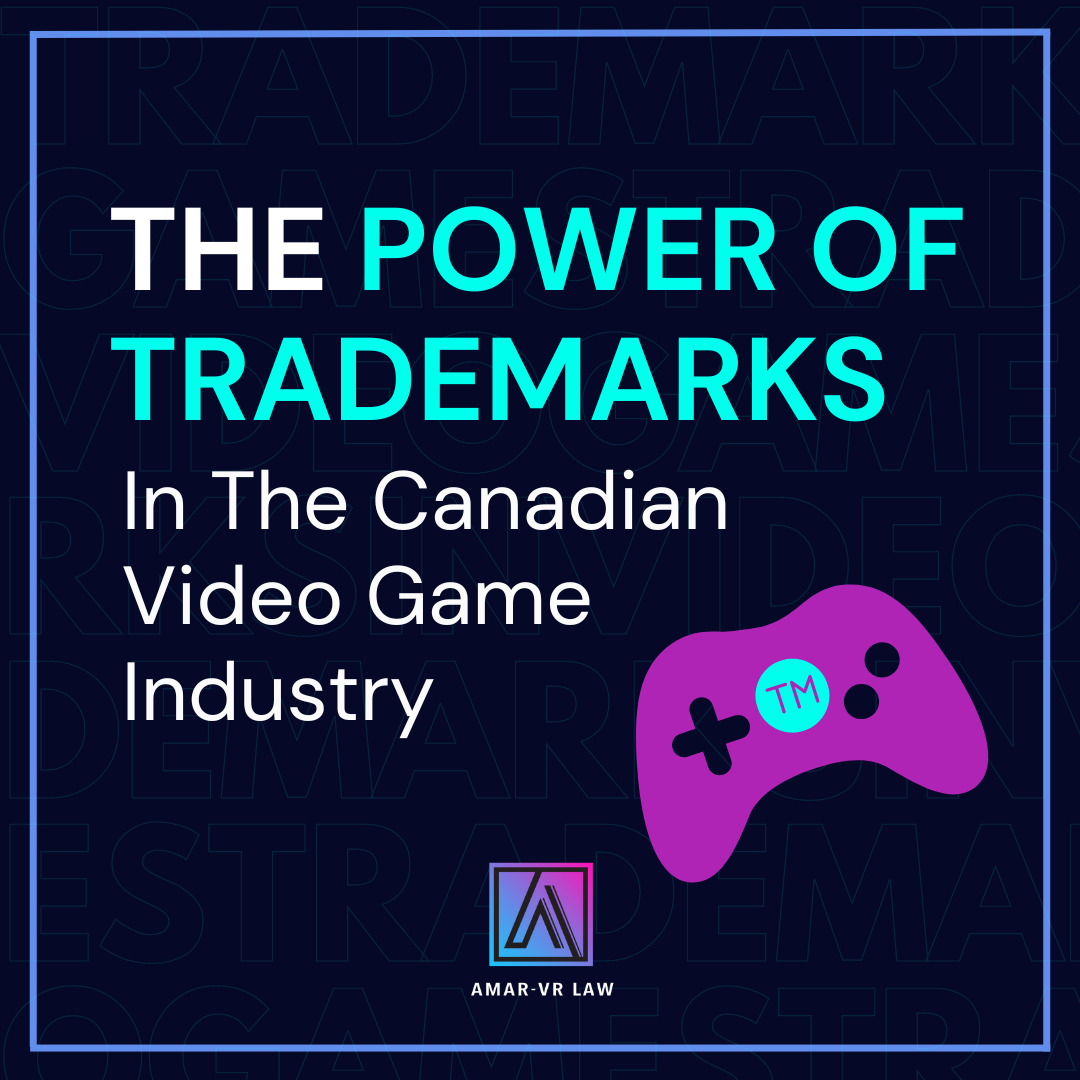
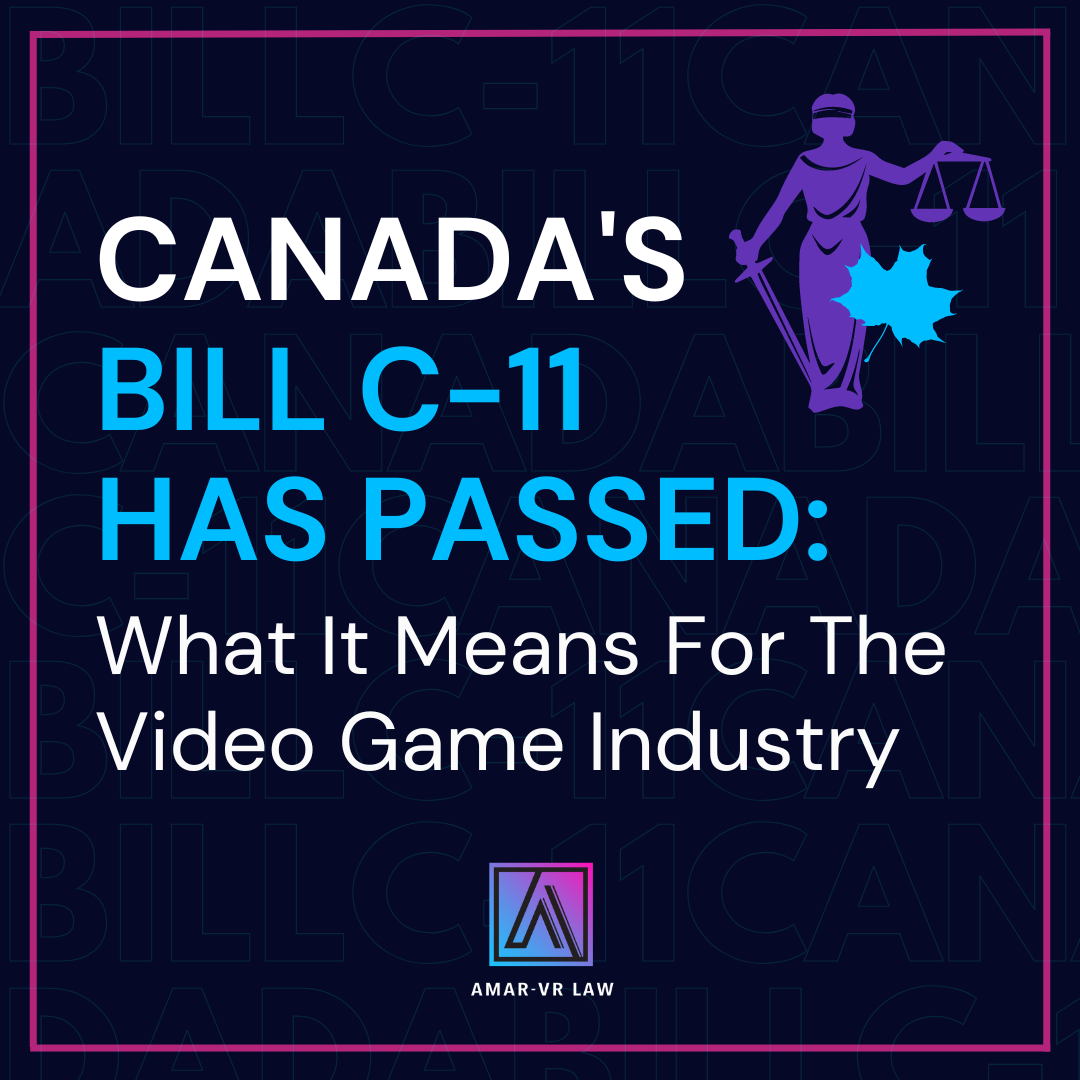
Address:
100 King Street West,
Suite 5700
Toronto, ON
M5X 1C7
Email: hello@amarvrlaw.com
Phone: 289-919-5929
Business Hours:
Monday: 10:00 AM – 6:00 PM
Tuesday to Friday: 9:00 AM – 5:00 PM
Saturday 9:00 AM – 12:00 PM
Address:
100 King Street West,
Suite 5700
Toronto, ON
M5X 1C7
Email: hello@amarvrlaw.com
Phone: 289-919-5929
Business Hours:
Monday: 10:00 AM – 6:00 PM
Tuesday to Friday: 9:00 AM – 5:00 PM








